[Interview] Federica Boffa Pio: Leading the Fifth Generation at Pio Cesare
Last month in Rome, at Palazzo Ripetta, Federica Boffa Pio received one of the most meaningful honors of her young career: “Best Winemaker Under 35,” awarded by Food & Wine Italia, the Italian edition of Food & Wine. It’s a remarkable achievement for anyone—let alone someone who, at just 28, has taken the helm of one of Piedmont’s most storied wineries after the sudden loss of her father, Pio Boffa, during the pandemic. Her recognition marks not only her talent, but her poise, her resolve, and her ability to carry a great legacy forward with clarity and heart.
Federica Boffa Pio with her family’s 2019 Pio Cesare Barolo.
A Brief History of Pio Cesare
Founded in 1881 by Cesare Pio, the winery began as a small, quality-driven project rooted in the hills of Barolo and Barbaresco. What started as a personal passion grew into a pioneering estate thanks to Cesare’s early travels around Europe to promote his wines—an entrepreneurial streak that still defines the family. His son Giuseppe Pio expanded the cellars and strengthened the brand, laying the foundation for what would become a benchmark name in Piedmont.
In the 1940s, Giuseppe’s daughter Rosy Pio married Giuseppe Boffa, who left his engineering career in Milan to steer the winery through wartime challenges. Their youngest son, Pio Boffa, would lead the estate for more than 40 years, elevating Pio Cesare to global renown.
Today, the fifth generation stands firmly in place: Federica Boffa Pio, born in 1997—fittingly, a legendary vintage—now runs the estate alongside her cousin Cesare Benvenuto, continuing the family tradition of personally traveling the world to champion their wines.
Pio Cesare Press Lunch, Aqua NYC, with RAI News 24 Editor in Chief Barbara Di Fresco, left, and Federica Boffa Pio.
This past June, Federica was in New York City to share a vintage 2021 preview of her family’s wines at Aqua, hosted with her importer, Maisons Marques & Domaines USA. The 2021 Pio Cesare wines reflect a vintage characterized as a traditional and structured year, with wines that show both power and fruit concentration while retaining balance, and will benefit from some aging. Barolos from this vintage are noted for their intensity, savory notes, and firm, structured tannins, while the Barbaresco offers elegant fruit and floral notes, alongside savory and spice. The vintage is considered excellent, with wines that will age well, but also have a more accessible fruit profile compared to previous vintages like 2019.
INTERVIEW WITH FEDERICA BOFFA PIO
(edited lightly for clarity and style)
1. When your father, Pio Boffa, passed away during the pandemic, what was the first decision you made as head of the winery?
My father passed away very early on April 17th, 2021—just a few hours before I was supposed to visit him in the hospital. It was a Saturday, and we like to think he made that “decision” to give us a short weekend of mourning before returning to fight for the winery on Monday. That Monday, I immediately called our trusted engineer and architect to confirm the project for the new winery. Four years later, after choosing to expand my father’s original design, we are almost there: next year we will celebrate the opening.
A few days later, I gathered our agronomy and winemaking team to walk every row of our 80 hectares and to taste every barrel and tank. I set our goal for the future: protecting our iconic Pio Cesare style, ensuring the highest quality, and always looking forward.
2. How did you overcome doubts—both your own and from others—about your age and experience?
I honestly didn’t have time to think about doubts. All at once, I had to support my mother, take care of 30 employees, manage 80 hectares of vineyards, 140 years of history, more than 60 importers, our partners, our collectors, and the new cellar project.
I never doubted that wine, our land, our terroirs, and the Pio Cesare savoir-faire had shaped—and would continue to shape—my life. I’m also lucky to be surrounded by wonderful people who supported me despite my age. At Pio Cesare we encourage a collaborative environment: I lead, but I always listen, and we make decisions together. Our importers and partners have also shown great support, encouraging my ideas and my “younger” vision.
When I feel a bit down, I think of my father and his legacy. I try to imagine what he would do—and sometimes I’m happy to realize we’re much more similar than I believed when I was a little girl.
3. What’s the most valuable lesson your father taught you about wine and leadership?
He taught me not to show off, but to behave in a way that makes others take notice. That applied to leadership and to winemaking.
I learned that after years of mentoring. I grew personally and professionally beside him. He introduced me—since childhood—to influential people in the wine business, to our customers, and to our importers. He also gave me responsibilities early on, both commercially and in production, because he believed the secret to our longevity was the strong presence of family in every aspect of the business. He wasn’t protective of his role; he was completely dedicated to preparing me and my cousin for the future.
4. How do you balance tradition with innovation at Pio Cesare?
First, we must guarantee quality, protect our vineyards, preserve our philosophy, and maintain the kindness, humility, and elegance that define our family—while also being confident and aware of our achievements. It’s essential to maintain our artisanal approach and small, focused production so the family can remain actively involved in every detail.
These principles are the foundation, but they’re not a cage. They’re a starting point. Innovation comes through technology, communication, customer engagement, and a focus on purity and cleanliness in expressing Nebbiolo. We’re offering our wines in a fresher, more approachable way, while also releasing old vintages to showcase the incredible aging potential of the Langhe. I’ve also pushed for greater visibility for our white wines—Chardonnay, Sauvignon Blanc, and especially Timorasso, which we’ll release for the first time next year.
5. Where do you see the winery in the next ten years?
I see our team finally working in the new winery, with more space, efficiency, and technology, acting with confidence and serenity in the new building. I hope climate change will spare our region enough to keep crafting complex, structured, elegant wines—still among the best in the world.
I see Pio Cesare unchanged in spirit and dedication, with even more quality, adapting our winemaking to the climate and vineyards rather than to trends. And I see myself still traveling the world, meeting new wine lovers and discovering new markets—perhaps with a few more wrinkles, but with the same passion and hunger for new challenges.
6. What advice would you give to other young women stepping into leadership roles in wine?
Don’t be discouraged. We are lucky to work in a business where women have long played prominent, empowered roles. Our sensitivity and self-confidence make a real impact on winemaking.
But we also need to strengthen our connections and work as a team—supporting each other more and building a strong foundation for the women who will come after us.


![[Interview] Federica Boffa Pio: Leading the Fifth Generation at Pio Cesare](https://images.squarespace-cdn.com/content/v1/5896dc6886e6c0c6ce718645/1763808676335-IEAVOU90BP4MBPN94ALP/Federia+Award.jpg)
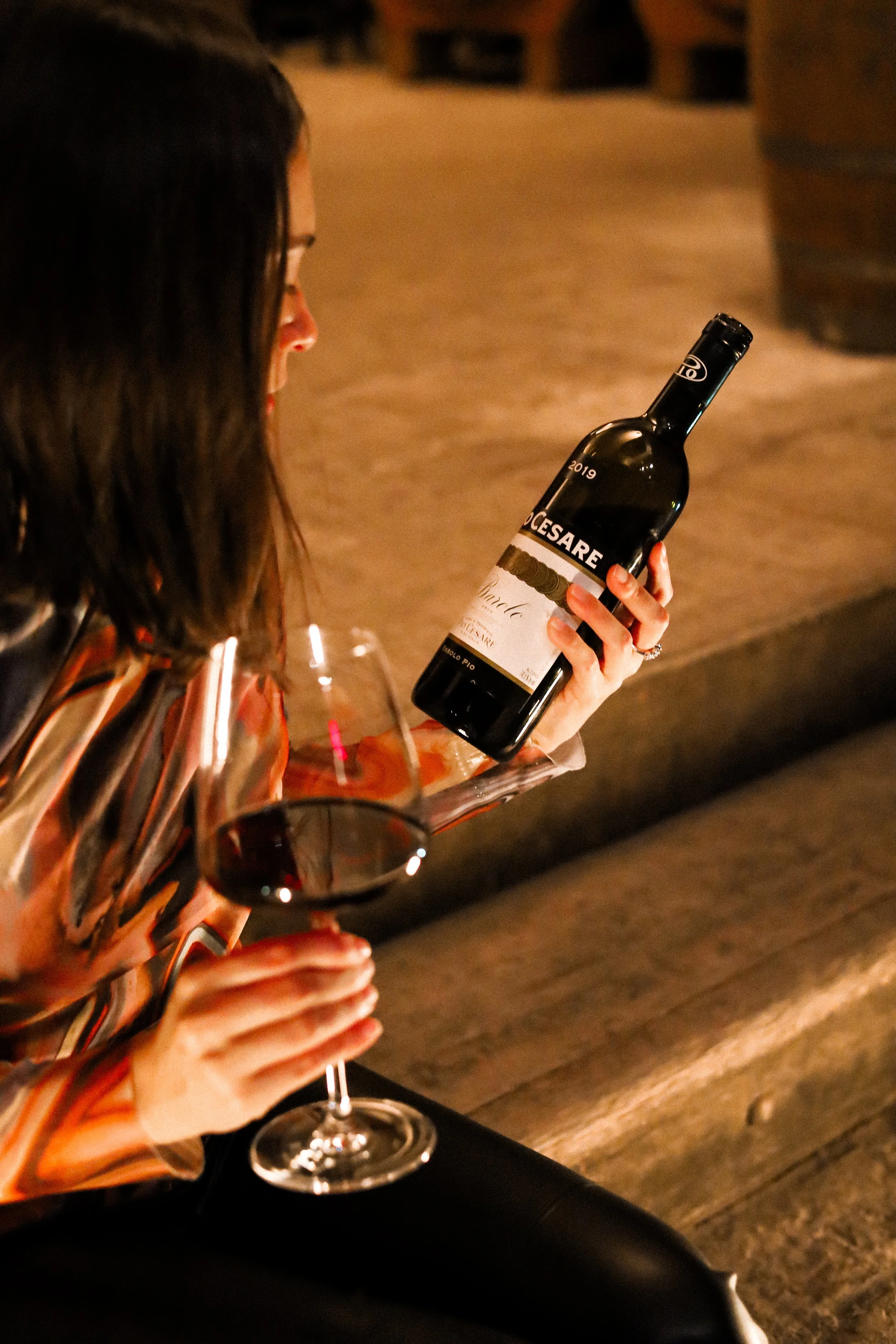
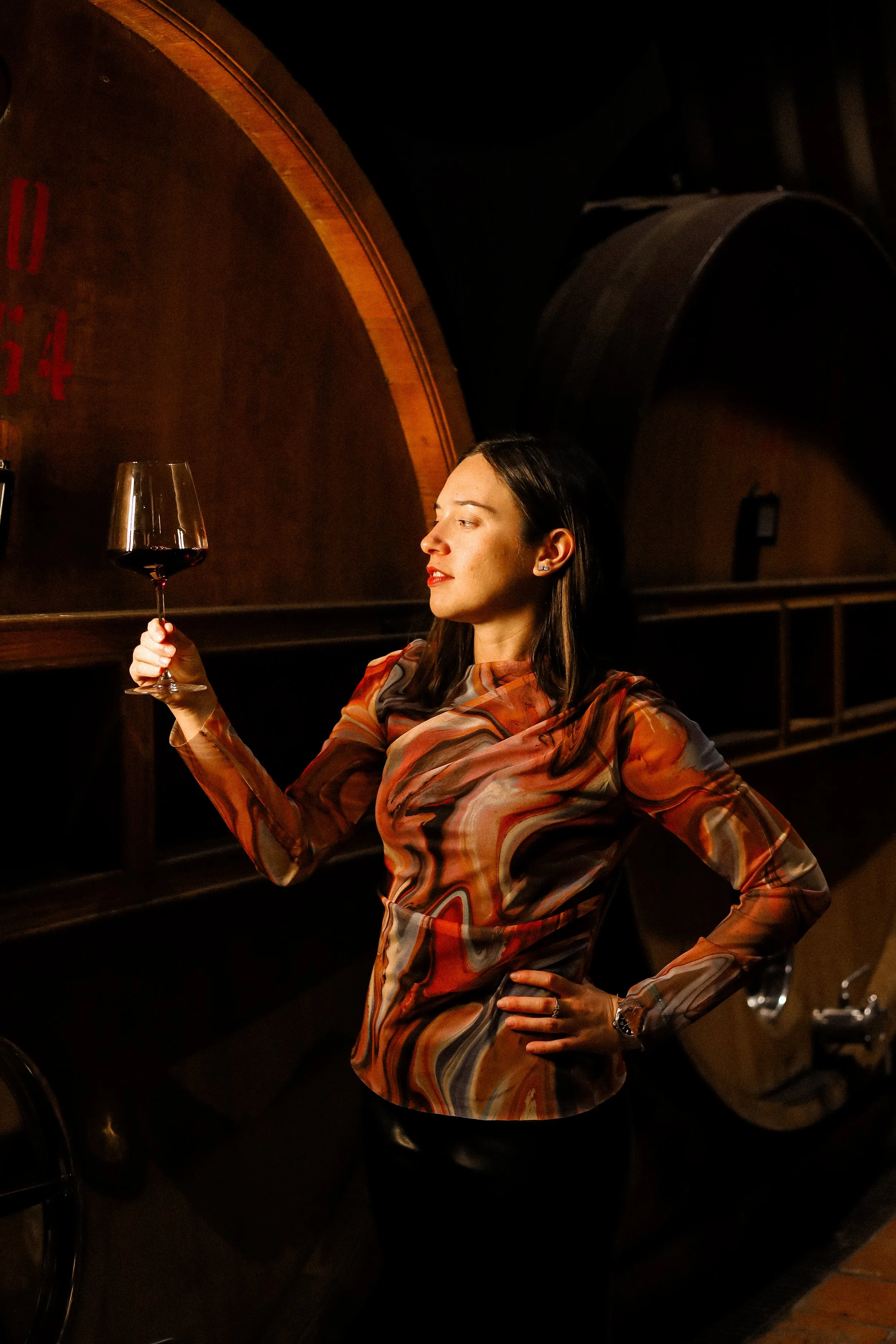
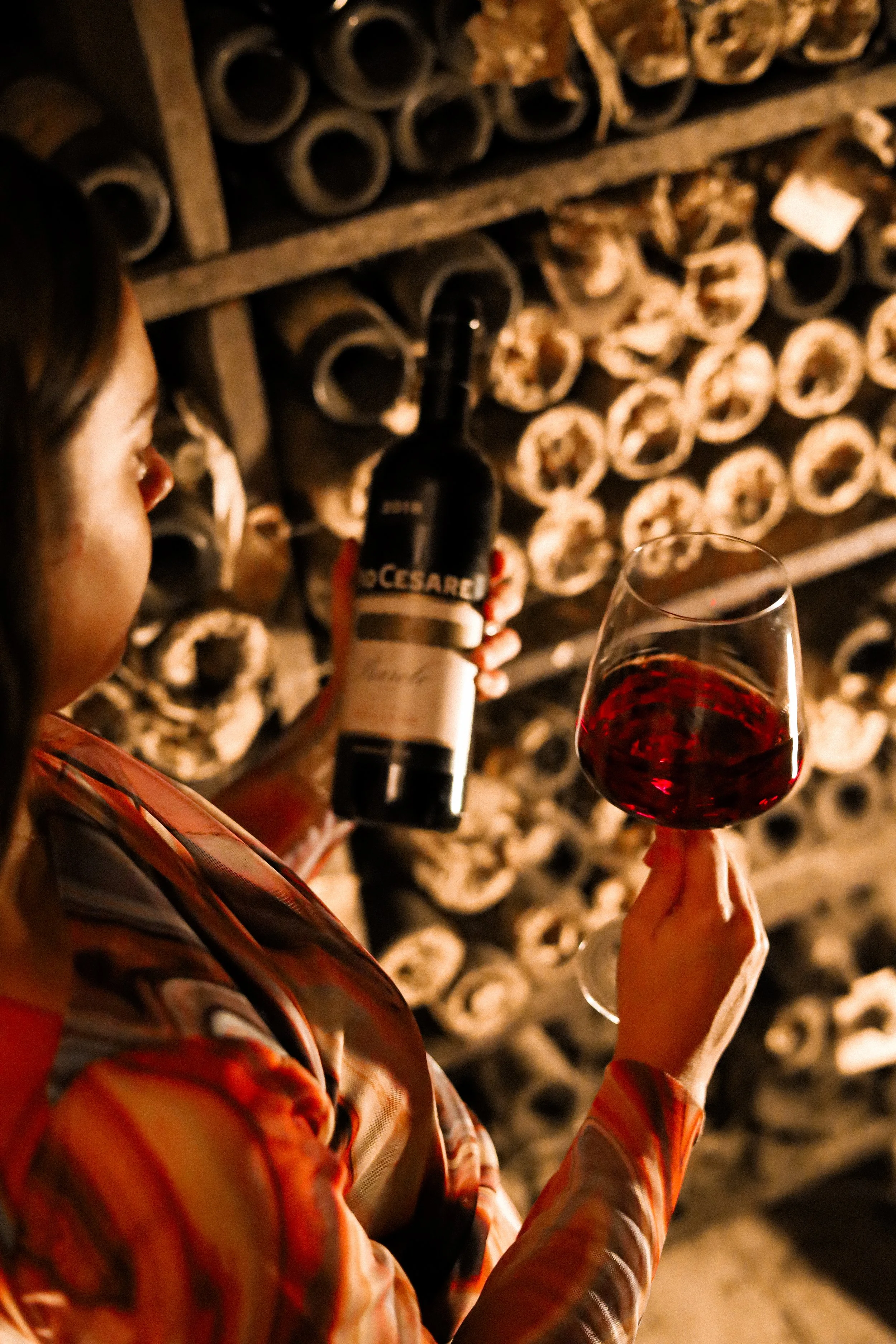
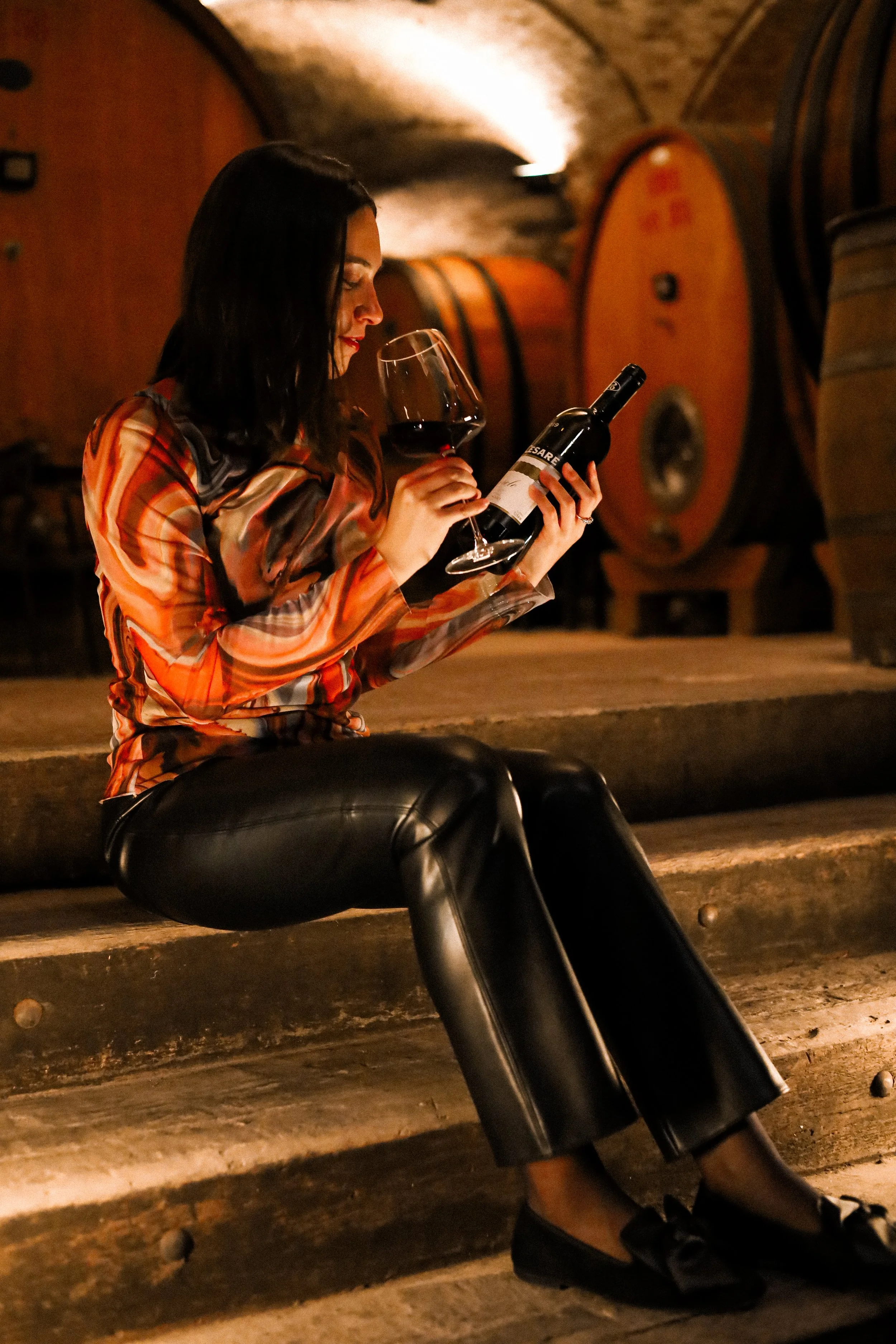
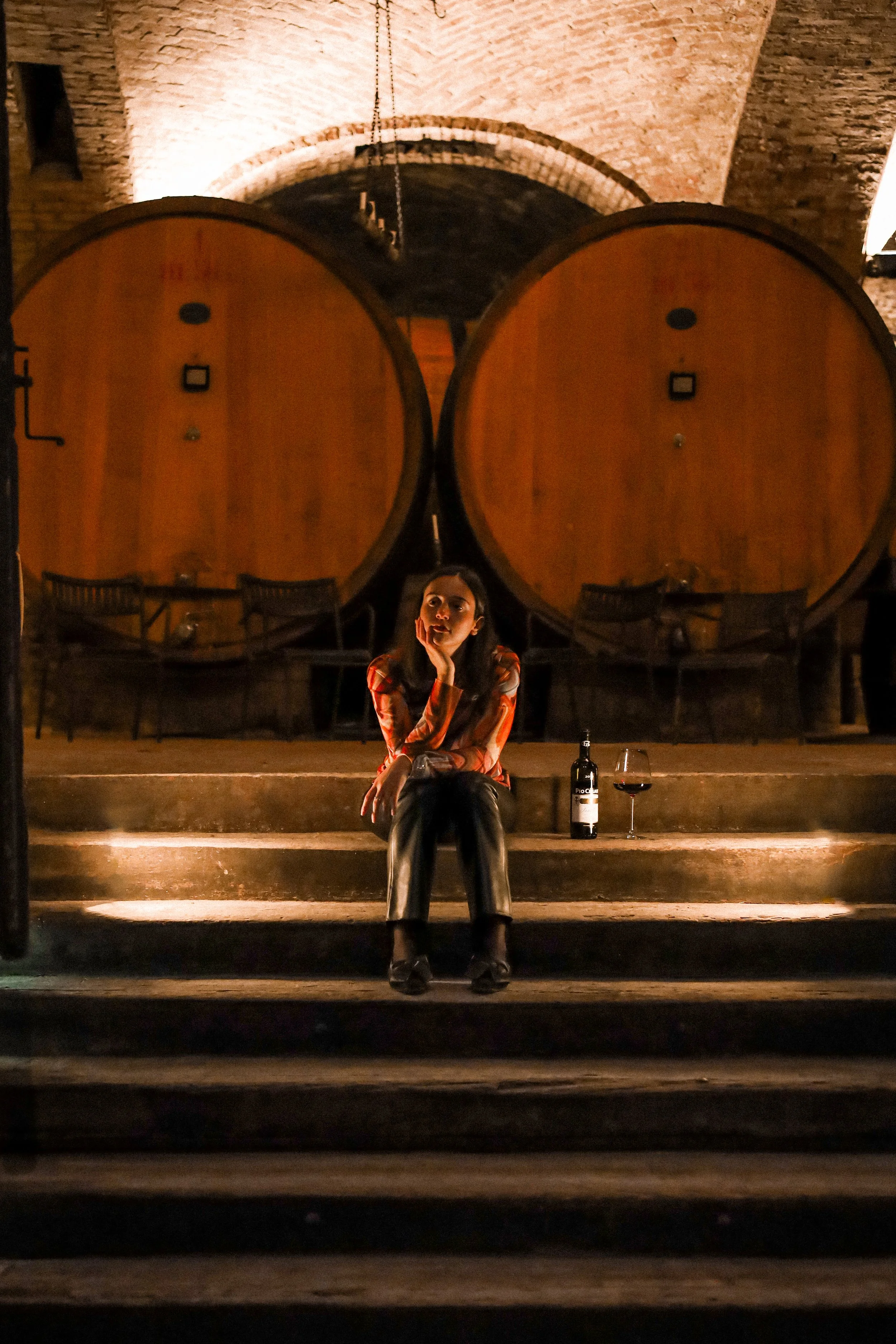
![[Road Trip] Let's Go! France's Southern Rhône & Provence Wine Regions](https://images.squarespace-cdn.com/content/v1/5896dc6886e6c0c6ce718645/1766948362762-1OT1MD3VXUF7FC9VKY0N/DeLong+Subway+Map+of+France.jpg)
![[Wine Dinner] A Toast to Summer: Beaujolais Wine Dinner at The Roxy](https://images.squarespace-cdn.com/content/v1/5896dc6886e6c0c6ce718645/1766949191922-QDZH3TSZ58V9ELJYVXR7/IMG_3541.jpg)
![[Road Trip] Piemonte | Serralunga Day 2024: Steel in the Spine, Velvet in the Soul](https://images.squarespace-cdn.com/content/v1/5896dc6886e6c0c6ce718645/1746391194562-HPAGNDAASSBHQ8F9QOJG/Serralunga+Day+Placemat.jpeg)
![[Journal] Who Wants To Be The Next Italian Wine Ambassador?](https://images.squarespace-cdn.com/content/v1/5896dc6886e6c0c6ce718645/1738209101198-YVTFAK6QF59DQMCFLRVZ/image.png)